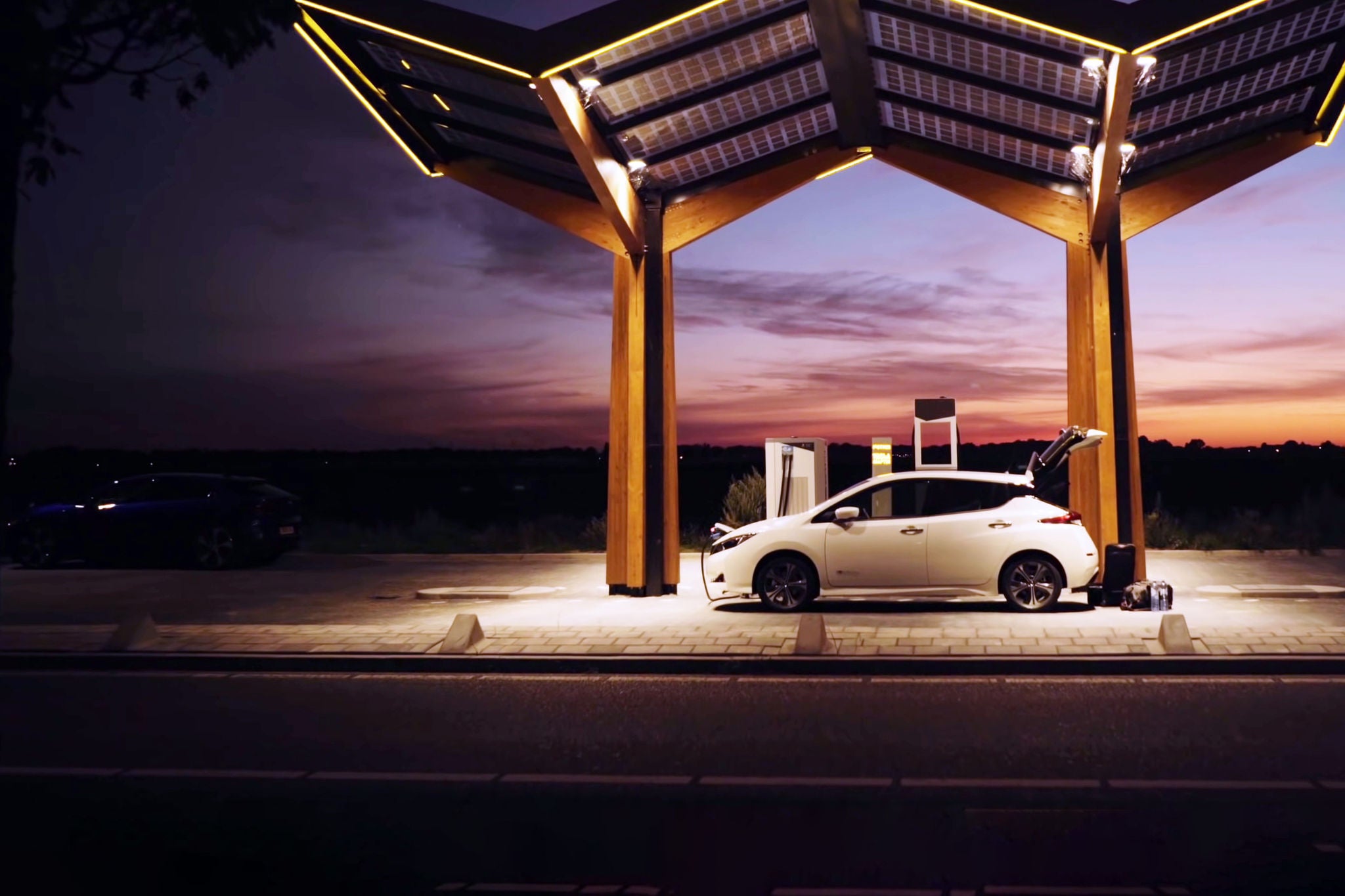EY refers to the global organization, and may refer to one or more, of the member firms of Ernst & Young Global Limited, each of which is a separate legal entity. Ernst & Young Global Limited, a UK company limited by guarantee, does not provide services to clients.

Many companies are greening their fleets following the changed framework on the deductibility of company cars. The greening of the fleet creates the question of granting a charging station to the employees and this provision of charging stations leads to new tax discussions with respect to the compensation for charging at home. Because there are currently no clear legal rules with respect to the reimbursement of the electricity charged at home, the Ruling Commission and the NSSO created some instructions in this respect. We hereby would like to give you an update of the current field of play and we wish to reach out to you(r business) to map the landscape.
When can electricity be reimbursed?
According to some parliamentary questions, the reimbursement of the electricity can only be done free of social security and taxation if 3 conditions are fulfilled:
- The employer ensures that a home charger or an electric charging station is installed at the employee’s home with a specific communication system that notifies the employer how much electricity is being consumed;
- The reimbursement of the electricity charged with the home charger is included in the companies’ mobility policy;
- The reimbursement only relates to the electricity used for charging the electric company car of the employee.
For more information on these conditions, we refer to a previous article on this topic.
What amount can be reimbursed?
Although the rules on the possibility of reimbursement are rather strict, at least the Minister of Finance clarified the possibilities. With respect to the amount that can be reimbursed, the Minister of Finance didn’t provide any clarity yet.
Therefore different interpretations and positions are considered in the application of the reimbursement of electricity.
Discrepancy between position NSSO and tax administration
The National Social Security Office (NSSO) and the tax administration maintain a different methods to determine the actual cost proper to the employer related to the charging of a company car.
The tax administration refers to an answer given by Minister of Finance Vincent Van Peteghem on a parliamentary question of Joris Vandenbroucke on June 1st, 2021, wherein he stated that reimbursement can only be made on the basis of the actual cost price of the charged electricity.
The question rose how companies need to keep track of the actual cost price, as it depends on the employee’s individual energy contract (variable versus fixed, day- and night, solar panels, capacity rate,…).
Therefore the Ruling Commission clarified in a recent decision to make a distinction depending on the energy contract of the employee:
- In the case of a fixed energy rate, the employee needs to communicate this rate to the employer and the consumption related to the charging of the company car will be reimbursed based on this price;
Example:
Fixed rate of EUR 0,36 per KwH
Charged 3000 KwH per year for electric company car
EUR 1080 to be reimbursed
- In case of a variable energy rate, the reimbursement should be made based on the percentage of energy consumption for the charging of the electric car. This percentage should be applied to the total bill. If there will be advanced reimbursements, an individual settlement based on the final electricity bill should take place.
Example:
Total electricity bill: EUR 3800
Charged 3000 KwH per year for electric company car
Total charged electricity: 6500 KwH
EUR 1753,85 to be reimbursed (3800*3000/6500)
However, one can argue that in this case the actual value is not repaid to the employee as the electricity rate is variable and the moment of charging will be decisive for the determination of the actual value. If you charge a lot at the moment the rate is high (due to the variable contract or the capacity rate), you will not be reimbursed for the full cost. The other way around, if you charge at a lower rate, you will receive more reimbursement than the actual costs you bear for the charging of the car.
- Furthermore, the Ruling Commission is of the opinion that employees with solar panels are not eligible for an intervention in the electricity costs incurred, regardless of the size of the installation.
Also in this scenario, one can argue that this rule doesn’t fit with reality. Employees that charge their cars at night cannot benefit from solar energy (even with a battery). But even employees who charge the car during the day cannot use this electricity for other electrical equipment. Therefore they will have a(n) (unjustified?) disadvantage compared to employees without solar panels.
The NSSO on the other hand, maintains a more flexible, pragmatic position in this respect. Their calculation method provides a specific solution to determine the actual expenses on the employee’s side. They assume a reimbursement is at market rate when it is in line with the average CREG (Commission for Electricity and Gas Regulation) price per kWh of the corresponding month. Any portion of the allowance that exceeds this average, must be qualified as salary for social security purposes (unless the actual expense can be proven).
How does your company deal with this practice?
Because the legislator has neglected to provide clear guidelines in the determination and assessment of actual expenses for electricity refunds, we are curious to know whether your business puts charging stations at the disposal of its workforce and how the electricity costs incurred are being treated? In the absence of a legislative framework, we would like to know if your company has worked out a policy about this refund and if yes, how the calculation is being made from an administrative perspective. Please fill out the short survey (1 min).
